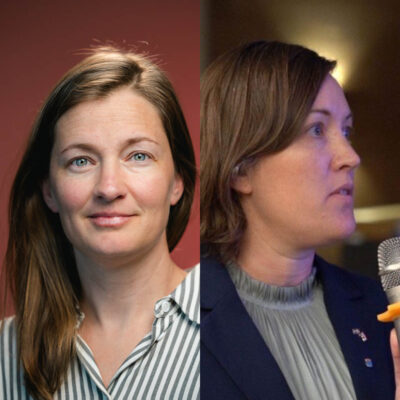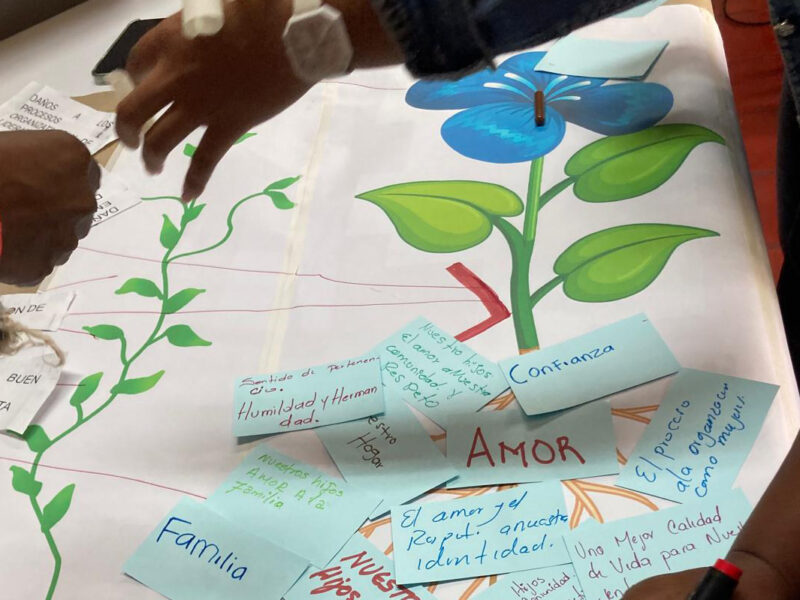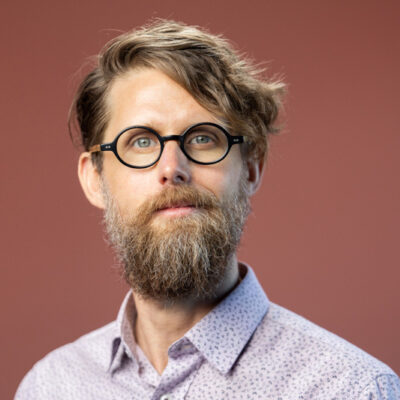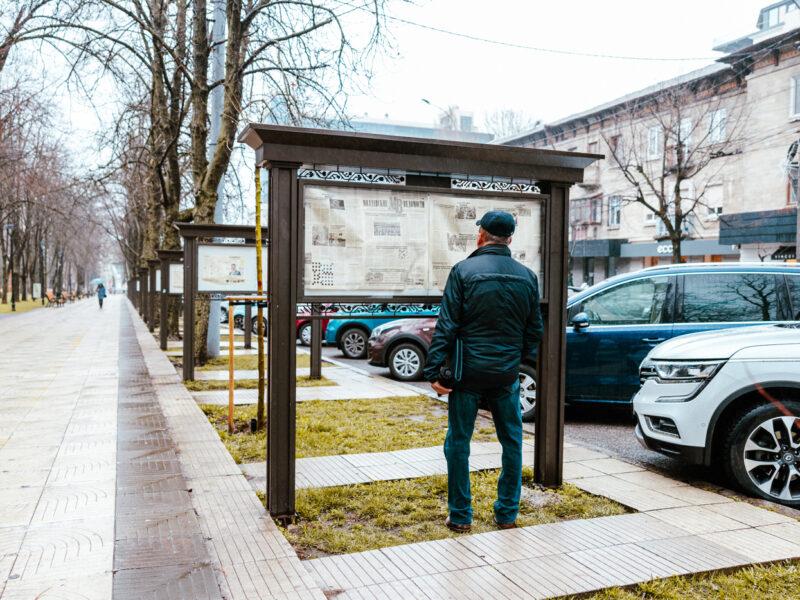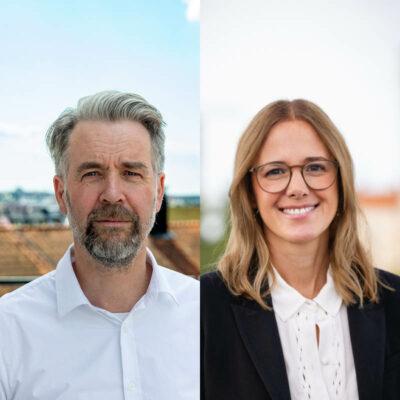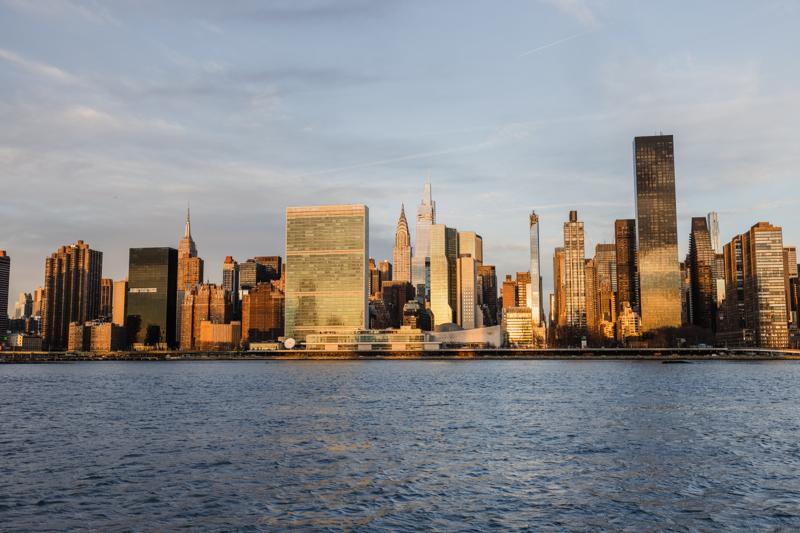The importance of a Global Focal Point
A key point in peace building is to make the UN deliver more coherent and effective support the areas of police, justice and corrections. Concretely, the UN can no longer afford having several different agencies working on the same issues, with the same national authorities, without coordinating their efforts better. But the point goes beyond just coordination.
Post-conflict and fragile states present complex challenges and there is a need for good resource mobilisation to overcome them. This is not just about money, it is also about expertise and policy – grounding current activities on cutting-edge thinking. To that purpose the GFP is supposed to act as a resource hub providing guidance to the field with the DPKO and UNDP jointly responsible for its operation.
A few days ago the FBA, Stimson Center and Clingendael released our joint Independent Progress Report on the UN Global Focal Point for Police Justice and Corrections.
The work has been labour intense and is based on 158 interviews with UN staff in New York, Haiti, Guinea Bissau, Guinea, Somalia, Libya, Côte d’Ivoire and Mali.
Are We There Yet?
Not really, but moving in the right direction. The Independent Progress Review shows that while the GFP has so far had a light impact on the field, there is untapped potential in what has been started. Several practical arrangements, at headquarters and in the field, also send positive signals when it comes to joint assessments and planning, and for bridging the gap between peacekeeping, peacebuilding and development. At the same time, and a key concern, is that good examples are often based on personalities rather than functions. Making the Point in Global Focal matter will require concerted efforts to capitalise on personalities while institutionalising their effects. Our report highlights some very practical steps to this end, involving managerial structures, more effective resource mobilisation, funding, and other such operational arrangements.
Will the GFP result in more Rule of Law?
Not necessarily and here is a fundamental challenge for the UN as a whole. The GFP is a step forward but does not mean that the UN’s rule of law assistance will be better because of it. What the GFP can achieve, and has already to some extent, is making the DPKO and UNDP work together on police, justice and corrections issues. But these issues of criminal justice are only one part of the puzzle that is rule of law. In the words of the former Secretary-General, Kofi Annan, rule of law is a “principle of governance”. This of course includes police, justice and corrections, but also go well beyond them. Moreover, Security Sector Reform is not part of the GFP arrangement, meaning that many key areas that are relevant from a rule of law perspective are dealt with elsewhere and by someone else, making coordination yet again a main point.
What the GFP arrangement does is reinforcing an ongoing practice, but fall short when it comes to addressing other rule of law priorities – for instance, constitutional reform, administrative law, and civil law including family law, etc. UN’s habit of equating rule of law with criminal justice is confirmed in FBA’s ongoing research project where we create a “map” and historical account of what UN agencies actually do in the area of rule of law.
Traditionally, UN peacekeeping and peacebuilding missions focus on reforming justice, police and corrections. What’s worrying is that this practice looks more or less the same in 2014 as it did in 1991, there’s just more of it. For the rule of law, this is not good news. In the same way that Groucho Marx said: “I’ve had a perfectly wonderful evening, but this wasn’t it”, countries hosting UN missions can have perfectly wonderful justice, police and corrections reform without improving on the rule of law at a general level.
Rule of law reform, particularly in post-conflict and fragile countries, is difficult. There is no way around this. World Bank’s 2011 World Development Report has a frequently cited reference that complex institutional reform is a generational effort, taking up to 40 years. Another perspective that we often fail to understand properly is the gravity of the challenges we are facing. In an interesting article, Haggard and Tiede show that it is misleading to speak of “rebuilding”, “reconstructing” or even “reforming” rule of law institutions since there is next to nothing to rebuild or reform from before conflict erupted.
Seen from this perspective, the GFP represents a significant step forward in consolidating good practices, improving coordination and strengthening of resource mobilisation, at least for one part of the rule of law, to better meet the tall order of having to start from scratch.
av Richard Sannerholm


